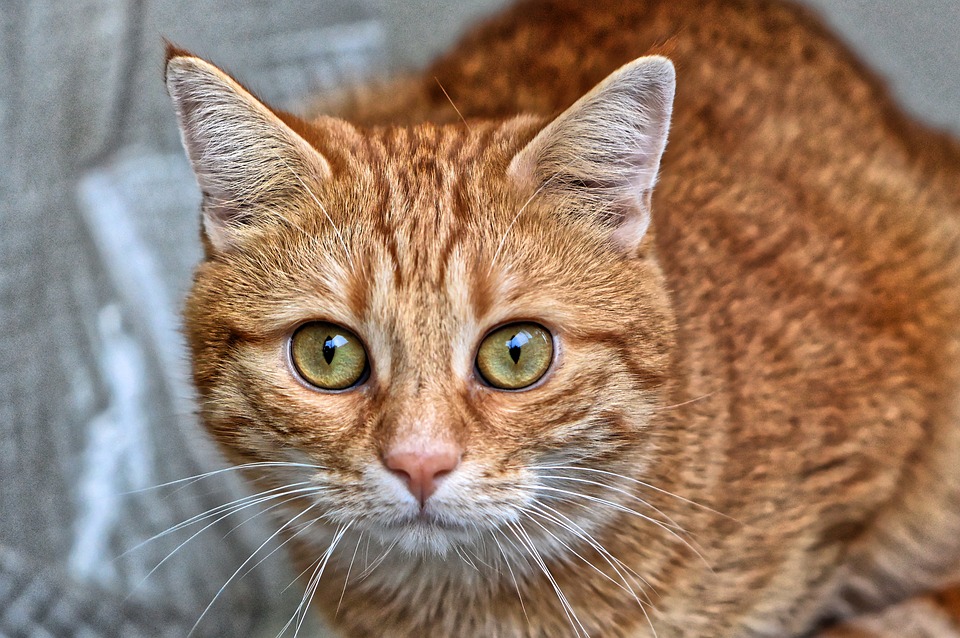Title: Keep Your Cat’s Teeth Clean and Healthy: Tips and Techniques
Introduction:
Caring for your cat’s dental health is essential to their overall well-being. Just like humans, cats are prone to dental problems that can cause pain and affect their overall health. Neglecting your cat’s oral hygiene can lead to issues such as tartar buildup, gum disease, and tooth decay. This article provides effective tips and techniques to keep your cat’s teeth clean and healthy, ensuring a happier and healthier life for your beloved pet.
Why is Dental Health Important for Cats?
Understanding the significance of good dental hygiene in cats is vital. Poor oral health can have a significant impact on a cat’s overall well-being. Dental problems can cause discomfort, pain, difficulty eating, and even lead to more severe health issues such as heart disease and organ damage.
Signs of Dental Problems in Cats:
Recognizing common signs indicating dental issues in cats is crucial for early intervention. Some oral symptoms to watch out for include bad breath, swollen gums, drooling, difficulty chewing, tooth discoloration, and pawing at the mouth. Regularly checking your cat’s teeth and gums can help identify any potential problems.
Tips to Keep Your Cat’s Teeth Clean:
1. Regular Brushing:
Brushing your cat’s teeth is an essential part of their dental care routine. Start by gradually introducing the toothbrush and toothpaste to your cat. Choose a toothbrush with soft bristles and specially formulated toothpaste for cats. Brush their teeth gently in a circular motion, focusing on the gum line. Aim for daily brushing, but even a few times a week can make a significant difference.
2. Dietary Considerations:
Proper diet plays a role in maintaining good oral health for cats. Opt for high-quality cat food that supports dental health, such as dry kibble designed to scrape away plaque. Additionally, incorporating dental treats and chews can help remove tartar and promote healthy teeth and gums.
3. Water Additives and Oral Rinses:
Water additives and oral rinses can help maintain your cat’s dental health. These products can reduce plaque and freshen breath. Choose veterinarian-recommended products and follow the instructions for proper usage.
4. Regular Veterinary Check-ups:
Regular dental check-ups with a veterinarian are essential to ensure your cat’s dental health. The frequency of check-ups may vary based on your cat’s overall oral health. During these visits, the veterinarian may perform dental cleaning procedures, such as scaling and polishing, to remove tartar and plaque buildup.
Techniques for Maintaining Your Cat’s Dental Health:
1. Interactive Play:
Engaging in interactive play with your cat can help promote dental health. Certain toys and activities, such as toys designed for chewing or dental health, encourage oral stimulation and aid in removing plaque.
2. Dental Wipes and Gels:
If your cat refuses to let you brush their teeth, alternative methods like dental wipes and gels can be used. These products are designed to remove plaque and freshen breath. Follow the instructions carefully when using these products.
3. Chewing Toys and Treats:
Chewing toys and treats specifically designed for dental hygiene can help maintain your cat’s dental health. They promote chewing and help remove plaque and tartar. Choose toys and treats that are safe and suitable for your cat’s age and size.
4. Professional Dental Cleaning:
In some cases, professional dental cleaning may be necessary. Consult with your veterinarian to determine if your cat requires professional cleaning. These procedures are performed under anesthesia and involve a thorough cleaning and examination of your cat’s teeth and gums.
Frequently Asked Questions (FAQs):
Q1: How often should I brush my cat’s teeth?
A1: Aim to brush your cat’s teeth daily, but a few times a week can also be beneficial.
Q2: My cat refuses to let me brush its teeth. What can I do?
A2: Start by gradually introducing toothbrushing, using positive reinforcement and rewards. If your cat remains resistant, consider alternative methods like dental wipes or gels.
Q3: Are there any home remedies for cat dental problems?
A3: While home remedies can offer temporary relief, professional veterinary care is essential for treating and preventing dental problems.
Q4: Can dental treats alone keep my cat’s teeth clean?
A4: Dental treats can help maintain dental health but should be used in conjunction with regular brushing and professional check-ups.
Q5: What are the risks associated with anesthesia during professional dental cleaning?
A5: Anesthesia carries some risks, but modern anesthetic protocols and monitoring equipment help minimize these risks. Your veterinarian will assess your cat’s health and determine the safest approach.
Conclusion:
By following these tips and techniques, you can ensure that your cat’s teeth remain clean and healthy, reducing the risk of dental problems and improving their overall quality of life. Regular dental care, including brushing, dietary considerations, and professional check-ups, is crucial for maintaining your cat’s oral health. Remember, a healthy mouth means a happy and healthy cat.








